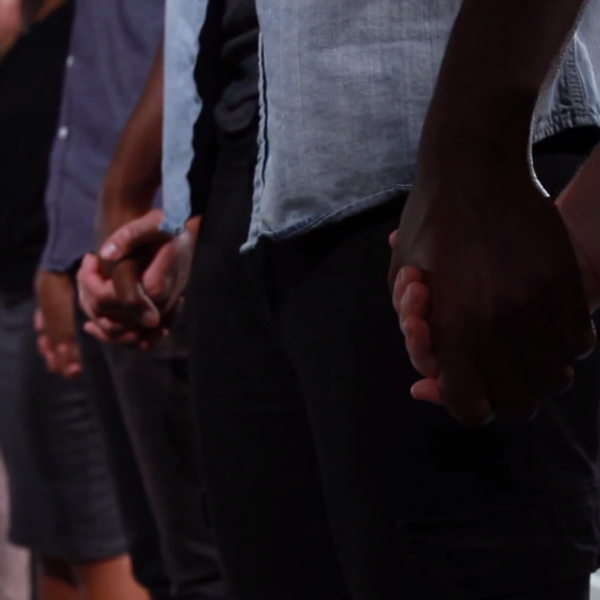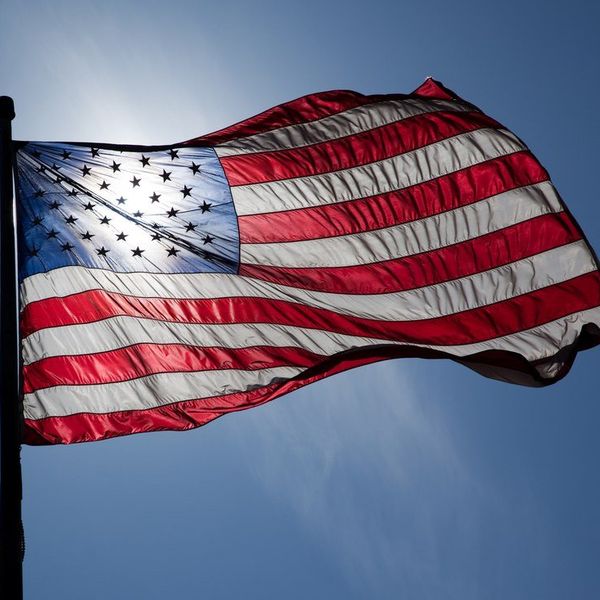I’m an extremely privileged white girl. I’ve never worked a day in my life, I’ve never had to worry about money, I’m able-bodied, I’ve travelled extensively, I have food on my plate every day, I’ve had an education and am able to continue it at a university, and I’ve never had to deal with racism or discrimination.
Privilege is a term that most people view negatively. Privilege, by definition, is “a special right, advantage, or immunity granted or available only to a particular person or group of people.” In today’s society, especially stemming from systemic discrimination, if you don’t see a problem with some action being taken place, that’s because you come from a stance of privilege where YOU are not affected by that action.
Intersections, like race, gender, social class, disability, sexuality, ethnicity, and more affect one’s place in society and how many privileges they are given. The more normative one lands on this spectrum, the more privileged they are. For example: an able-bodied, upper-middle-class, straight, white male has the most privilege, while a disabled queer person of color on the poverty line has little to no privilege. As more salient with the former, I have a lot of privilege. Marginalized groups like POC and those who align with the LGBTQIA+ spectrum are societally underprivileged. And it’s time for others to realize their privilege.
White privilege, specifically, is a major problem. Everything is tailored to being caucasian. On a superficial level: when I get a paper-cut on my finger, the band-aid matches my skin tone; when I stay the night at a hotel, the complimentary toiletries work with my hair texture; and pantyhose, more often than not, is extremely accessible for my fair skin. Think about it from the perspective of a person of color. Little things like that can make your life just a bit more frustrating.
According to this Washington Post article, “Black children– 4-year-olds! — comprise 18 percent of preschool enrollment but are given nearly 50 percent of all out-of-school suspensions. Job applicants with white-sounding names are 50 percent more likely to get called in for an interview. Black defendants are at least 30 percent more likely to be imprisoned than white defendants for the same crime.” Something as minuscule as your name, your identity, can make your life a living hell.
Have you ever had someone question your sexuality in reference to your worth or importance? Do you have to worry about seeing your equivalent being represented in film and TV? Are you concerned that your race or ethnic background will prevent you from getting a job or promotion? Questions like these need to be pondered by society so we can realize the systematic barriers affecting those without privilege, and then use our privilege to change or remove those barriers.
There’s a viewpoint in today's society that having more privilege makes you a better person. Each person has some form of privilege. The main goal is to have a balanced, equitable society where everyone benefits. However, that’s not the case today. Intersections and lack of admittance prevent this from happening, and it's wrong.
The first step is acknowledgment, the next is action. It’s not enough to say “I’m privileged." You have to take it a step further and say “What can I do to help those without privilege? How can I get involved? How can I make a change? How can I be an ally?”
Marching, supporting organizations, and speaking your voice are ways those with privilege use it for the betterment of society.
But if you don’t realize your privilege, then it’s useless.





















